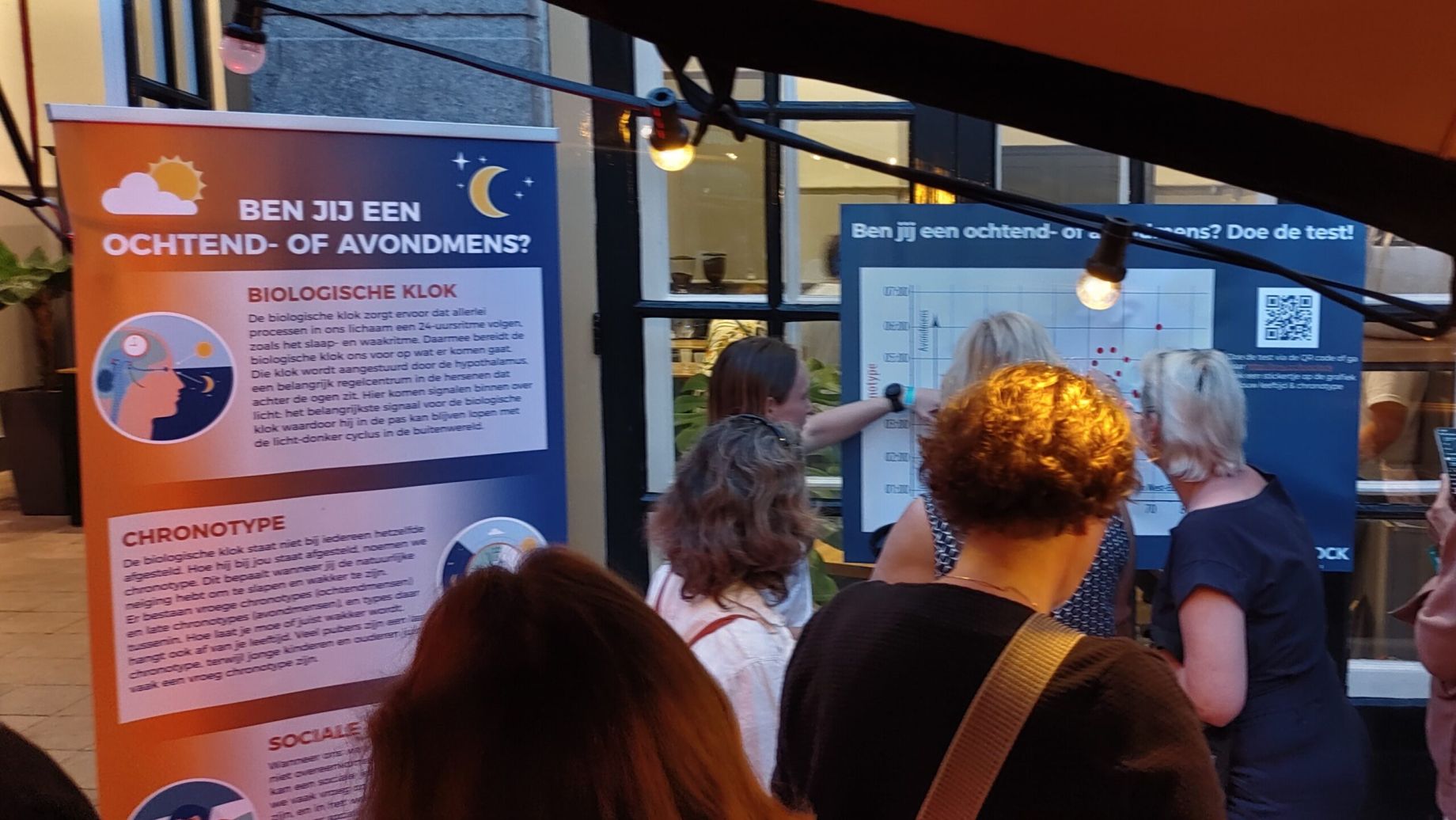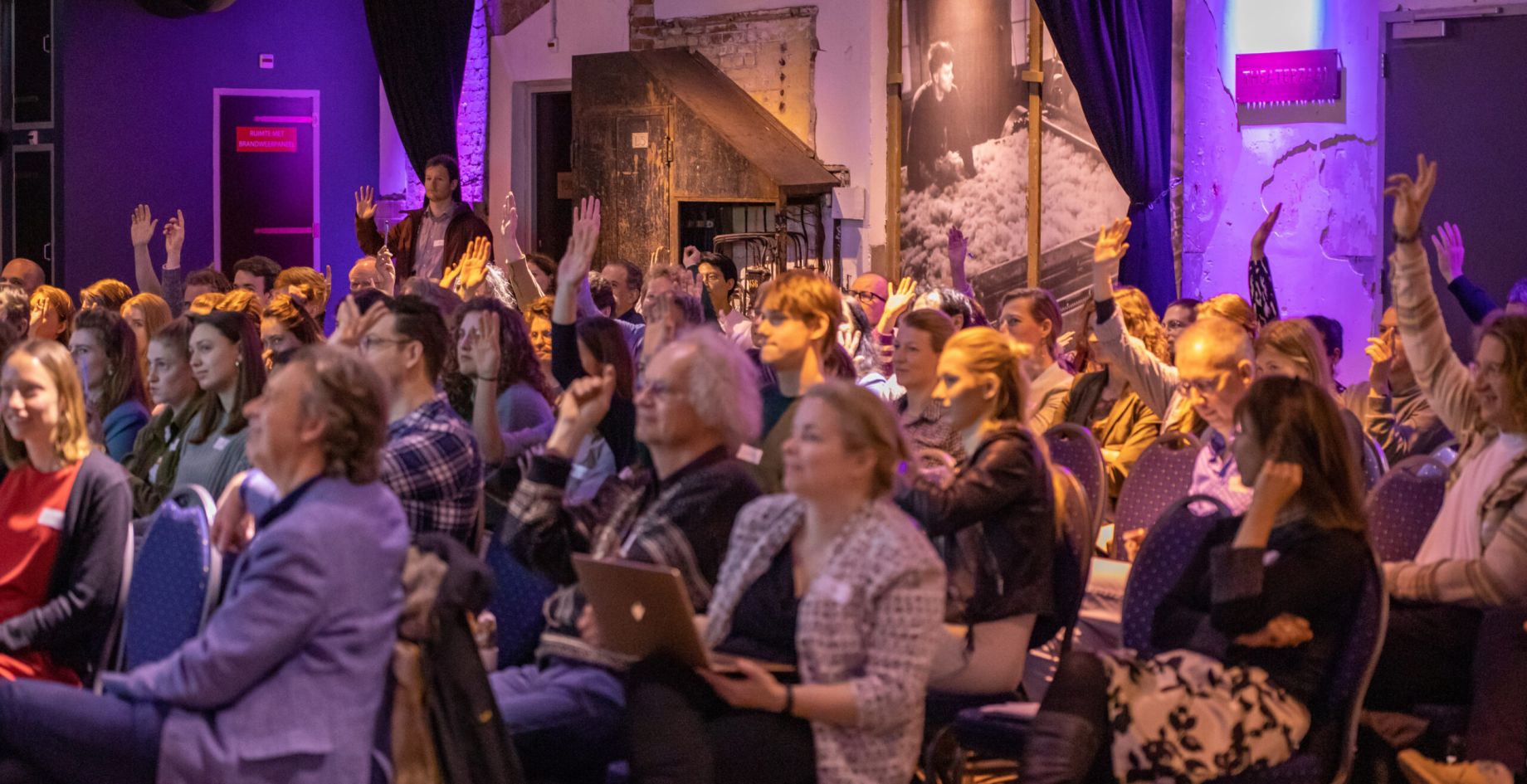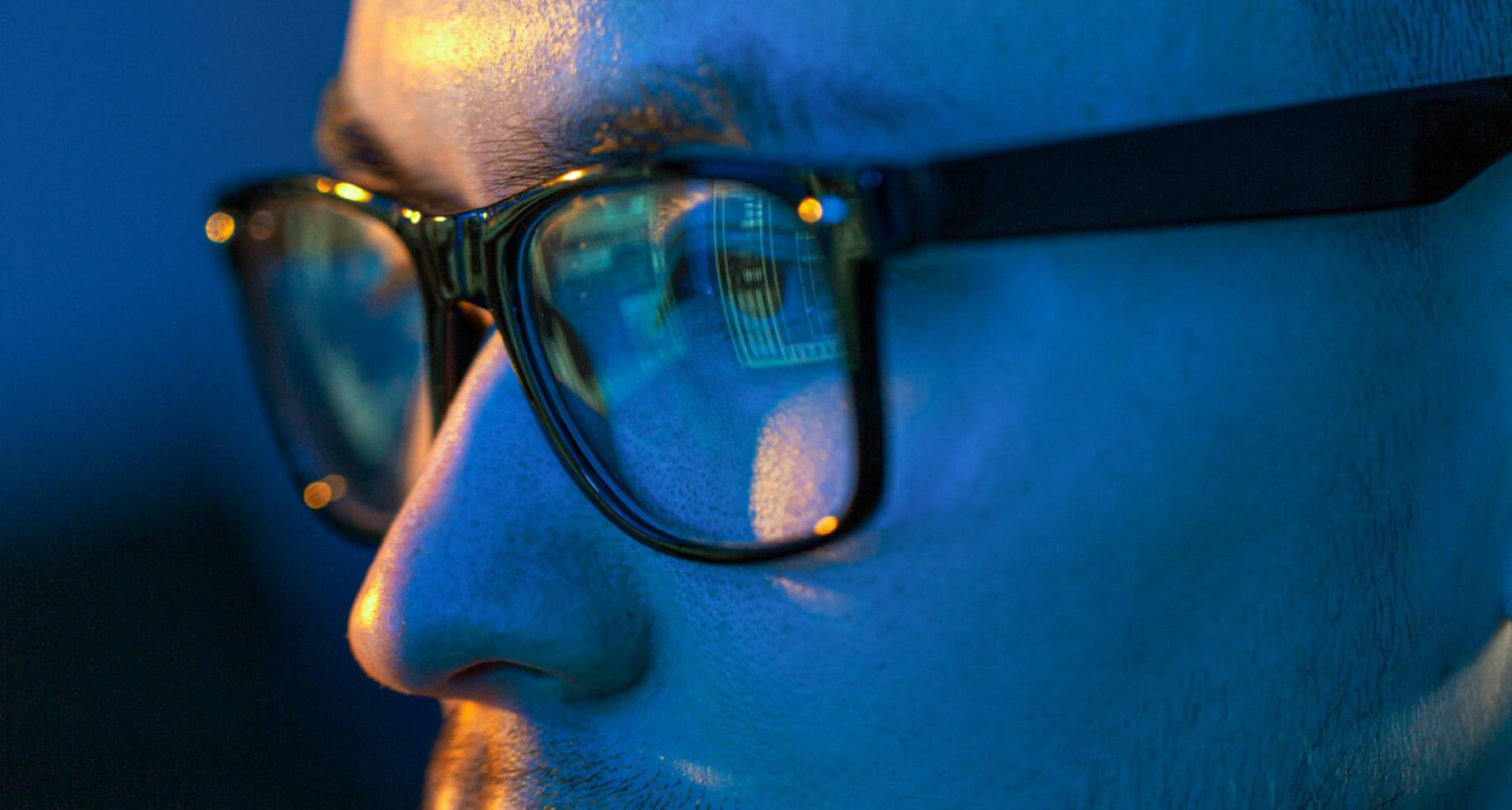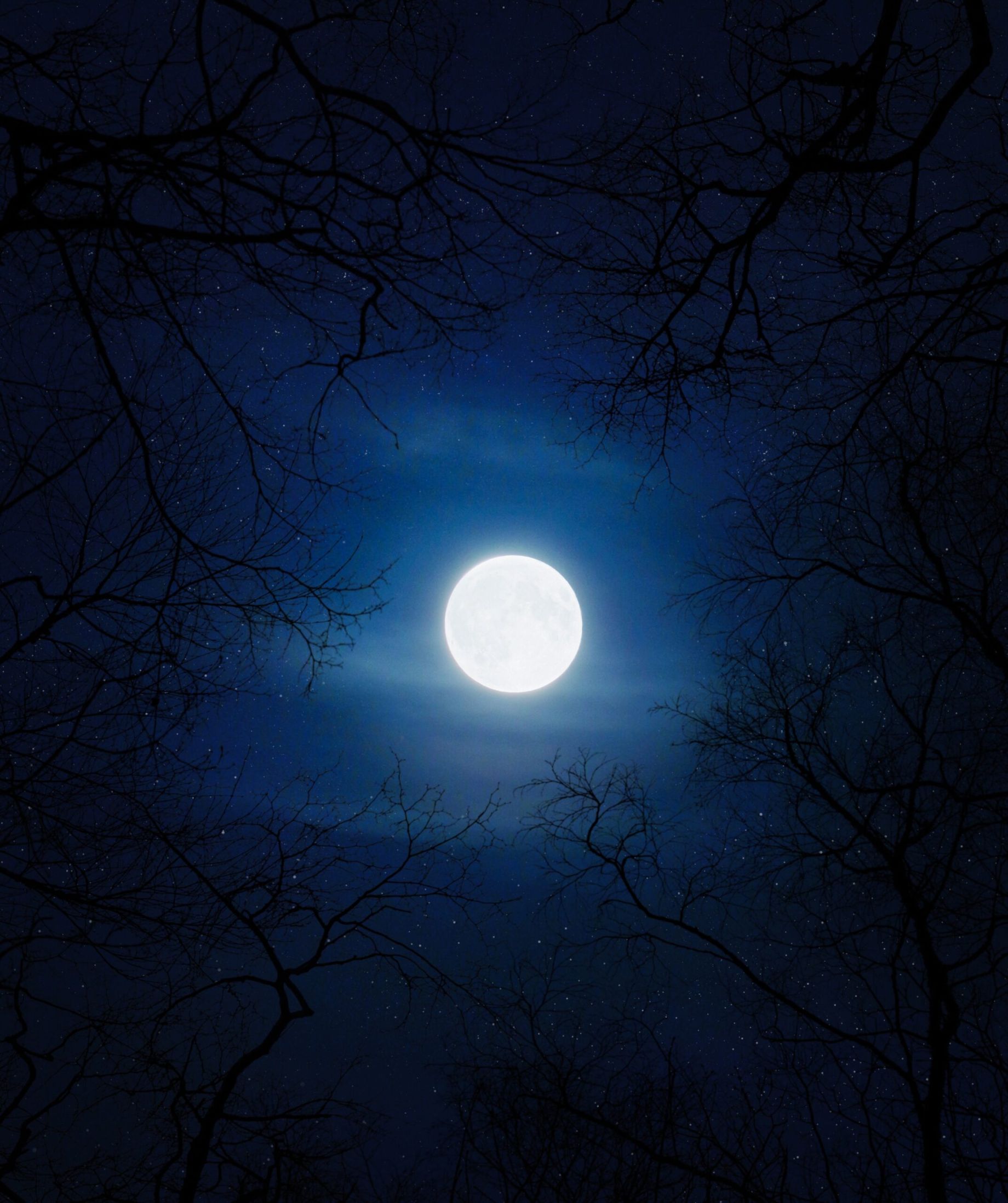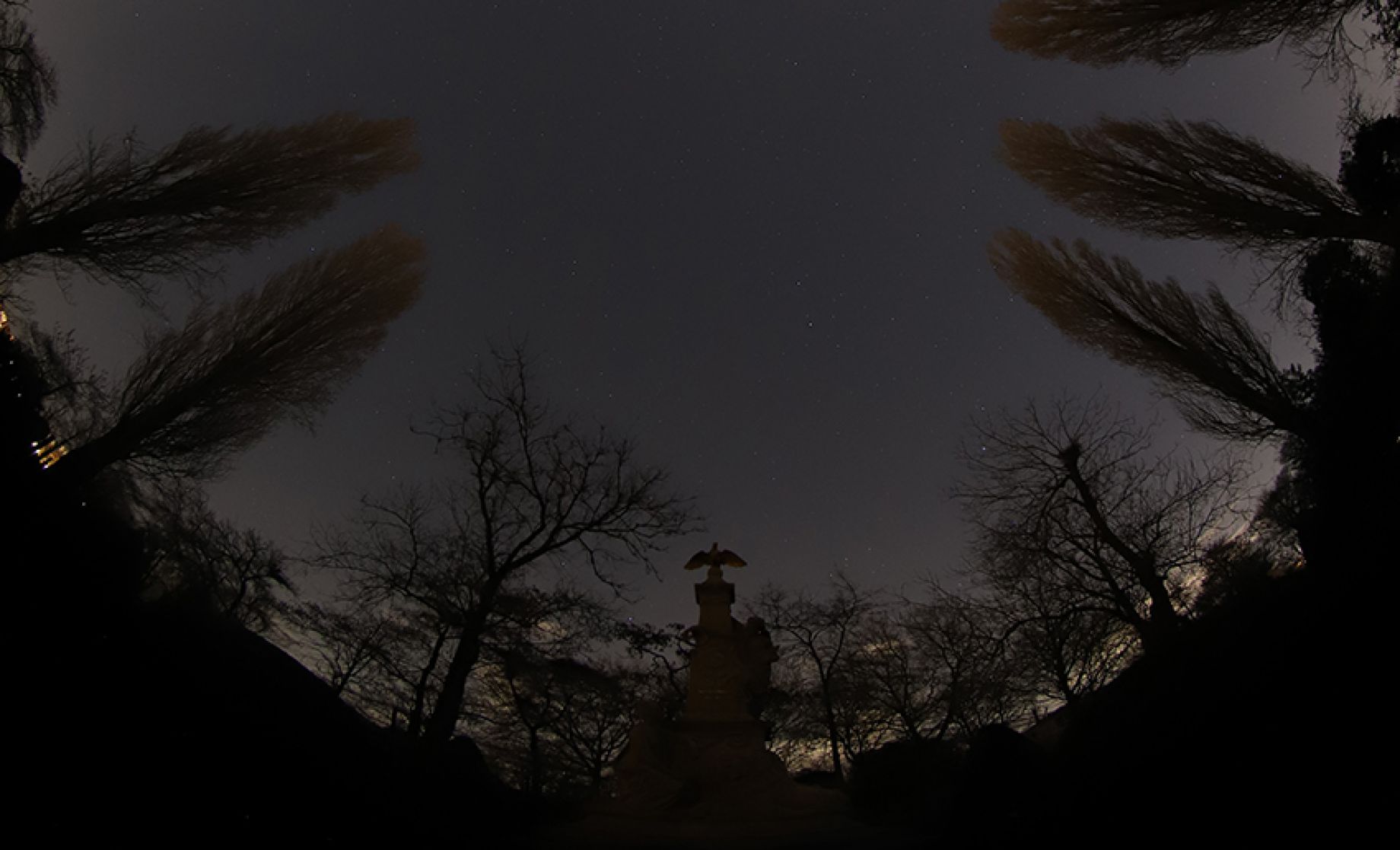Author: bioclock
Last Saturday, the BioClock researchers Merlijne Smit and Laura Kervezee were at the arts and science festival The Night of Discoveries. On this beautiful summer evening, they performed a short public outreach activity at the Hortus Botanicus in Leiden. The festival visitors could do a short online test to discover whether they are a morning or evening person. They could show their result by placing a sticker on a poster, which provided a nice overview of the sleep-wake rhythm of...
A dark sky, important for butterly & human
In the national newspaper Trouw, a good article was published on the importance of a dark night. Not only to be able to see the stars, also for life on Earth. Read it here (in Dutch).
Gather all rhythms! – The first Dutch Chronobiology Meeting
By Anneloes Opperhuizen – Photography by Hans van Kooten
It has been 6 years since Dutch chronobiologists in the Netherlands had gathered for a scientific meeting. The OnTime consortium ran at that time during which annual meetings were extended towards national meetings. After the end of OnTime, national gatherings did not take place, until now. Initiated by the BioClock consortium, we organized the first annual Dutch Chronobiology Meeting last April 17th in Leiden. With...
Blue light glasses to get through the night shift?
The journal of Intensive Care Medicine published a letter to the editor from Anneloes Opperhuizen and colleagues on the potential of blue light emitting glasses to improve alertness in nurses. The study was carried out at the ICU and ER departments of the VieCuri MC hospital in Venlo and included measurements of sleepiness during work and during driving homewards. It also measured sleep quality after a nightshift. Although slight improvement of sleepiness was statistically observed...
Full moon
The next full moon will be on August 31. A long while ago, full moon was the brightest amount of light possible at night. Now that has changed. Joke Meijer and Anneloes Opperhuizen wrote an article about this for Night of the Night. You can read the article here (in Dutch).
On October 28, several events will be organized to pay attention to the importance of darkness. Find more information here.
Night of the discoveries & Amsterdam dark festival
In September, two events are scheduled during which BioClock participates. On September 16th, during the Night of the Discoveries in Leiden, you can discover how your biological clock is set. Merlijne and Laura, involved in the BioClock Consortium LUMC, would be delighted to include your data in the research! Visit Merlijne and Laura and discover whether you are a morning person or an evening person. Additionally, you’ll gain insight into how the biological clocks of other visitors...
Night of the Discoveries & Amsterdam Dark Festival
In September, two events are scheduled during which BioClock participates. On September 16th, during the Night of the Discoveries in Leiden, you can discover how your biological clock is set. Merlijne and Laura, involved in the BioClock Consortium LUMC, would be delighted to include your data in the research! Visit Merlijne and Laura and discover whether you are a morning person or an evening person. Additionally, you’ll gain insight into how the biological clocks of other...
